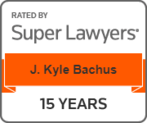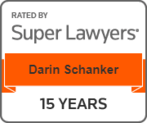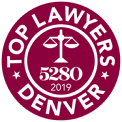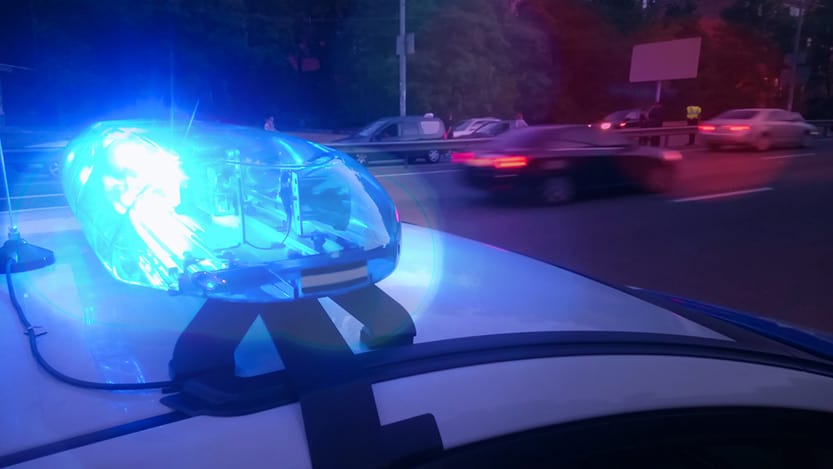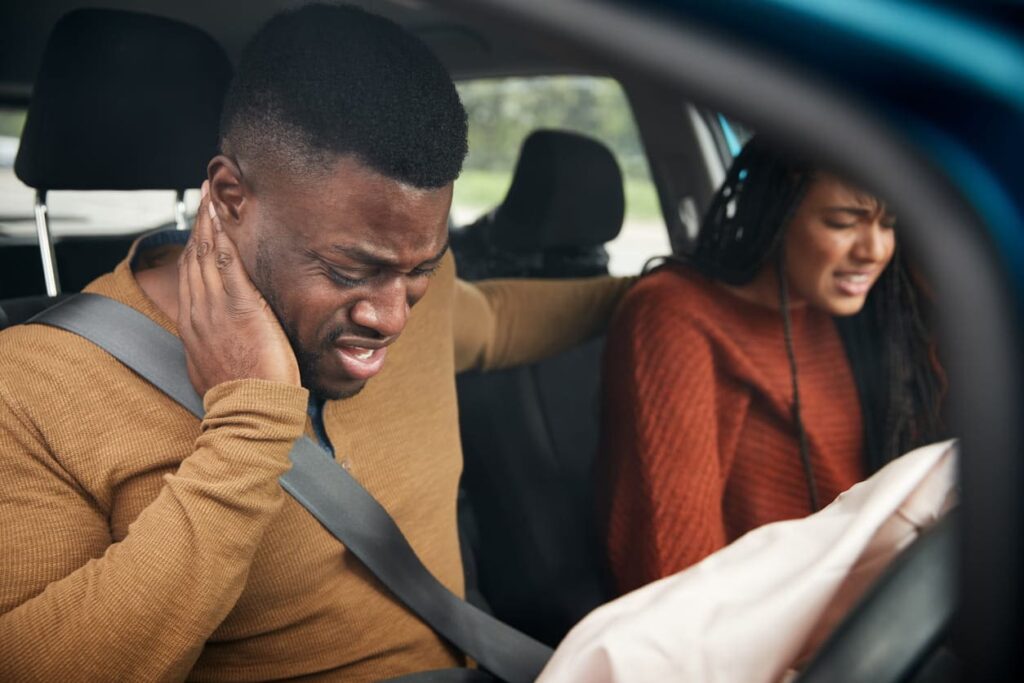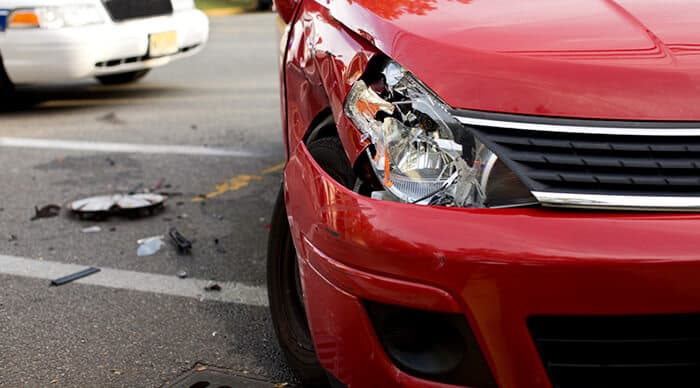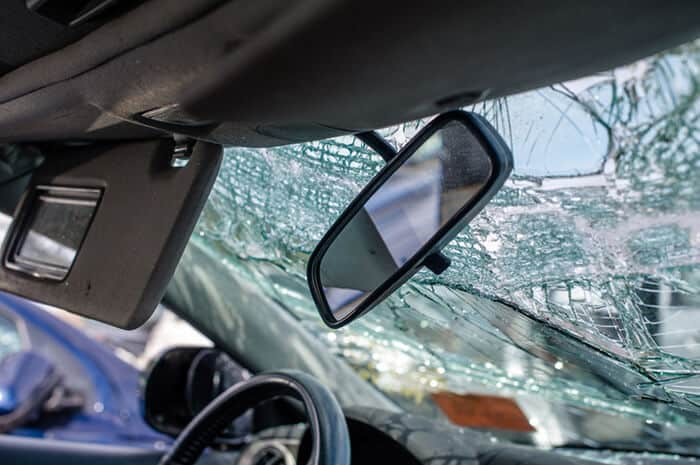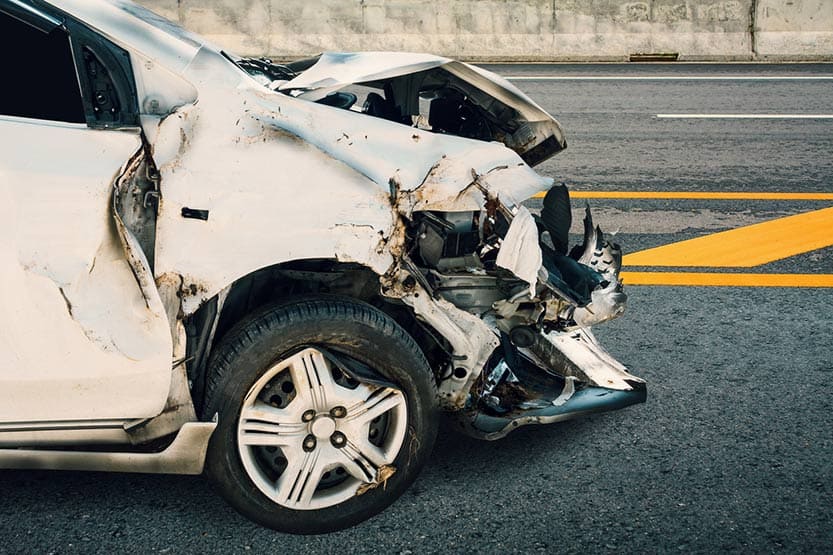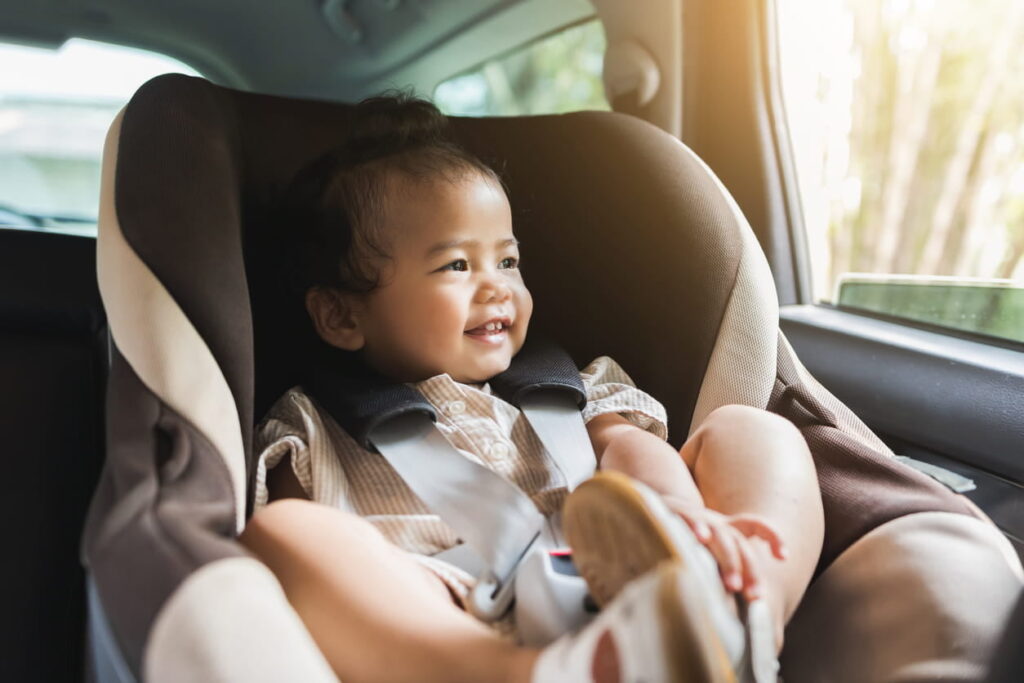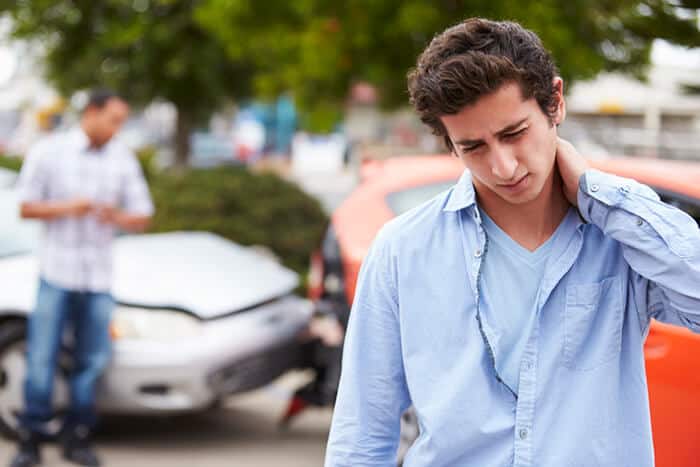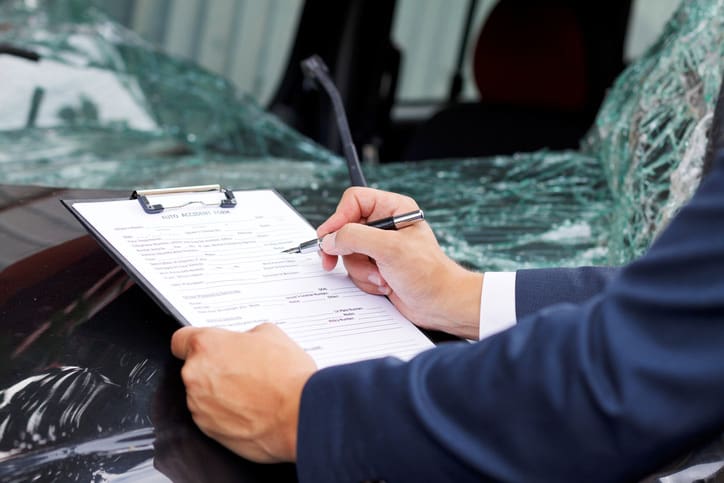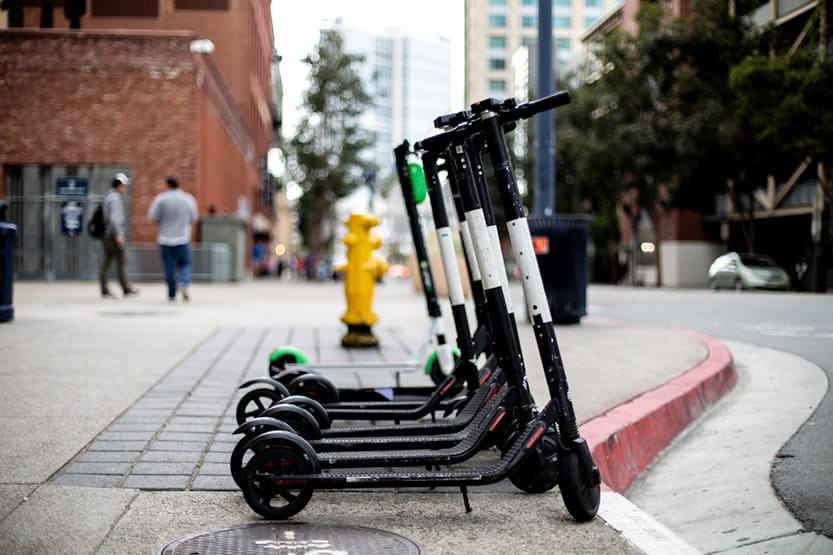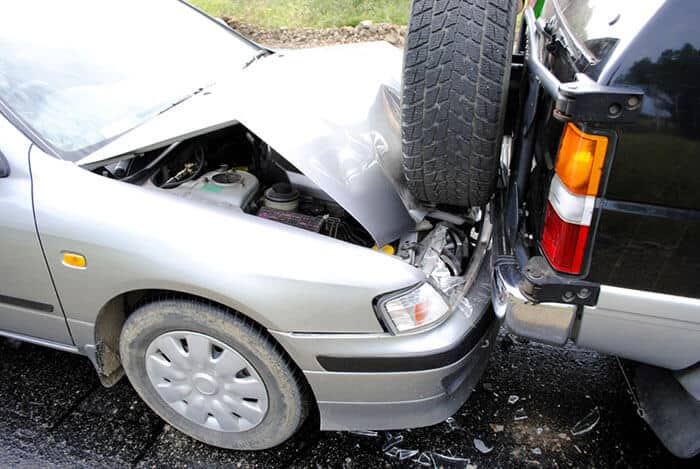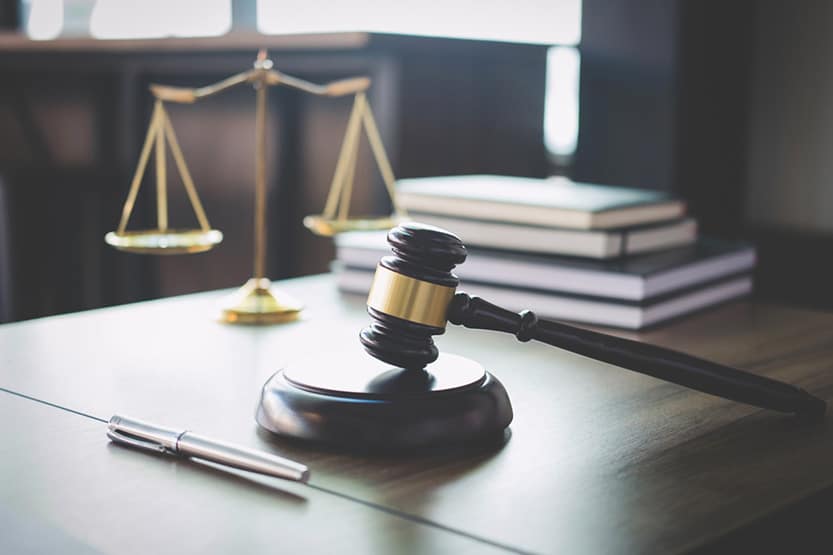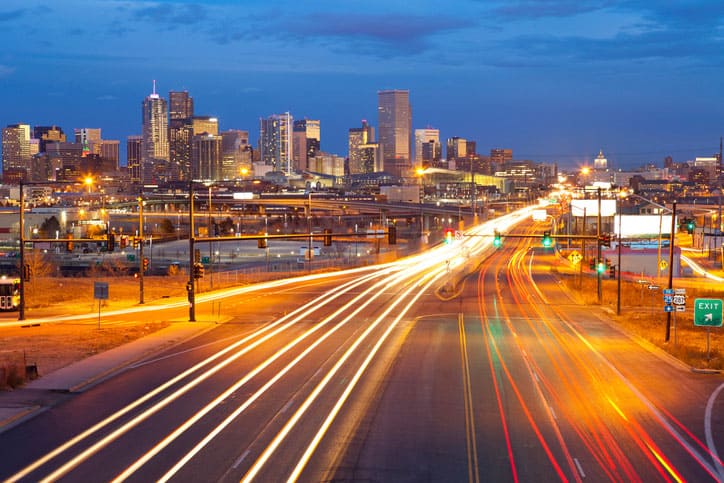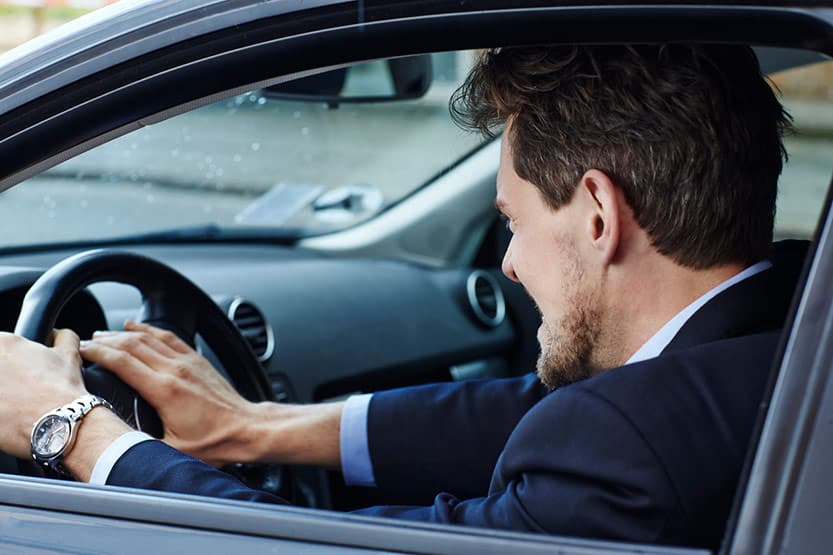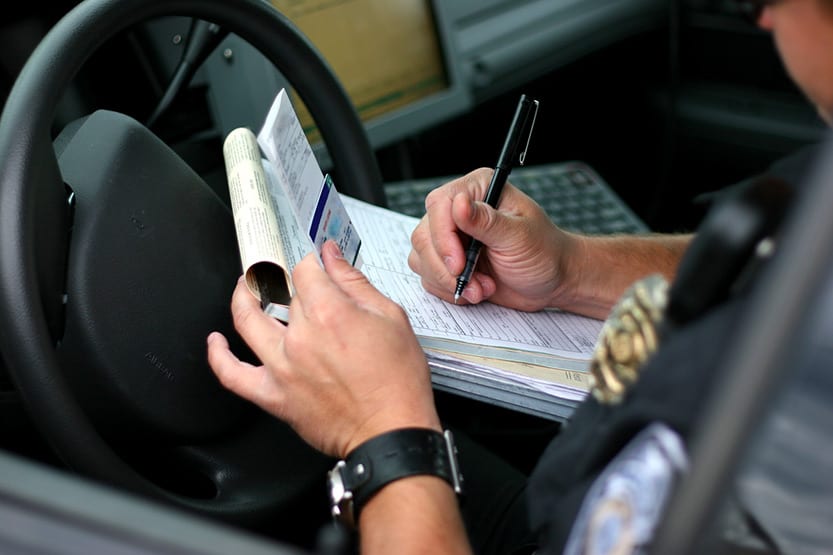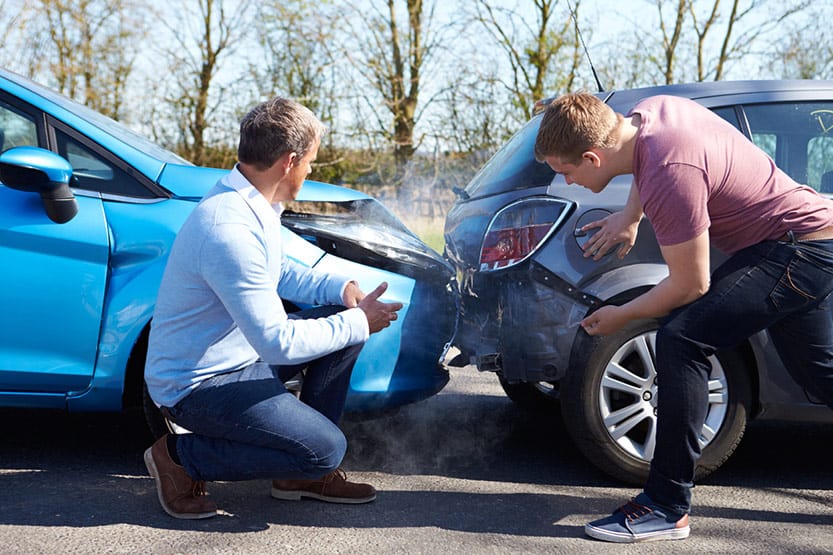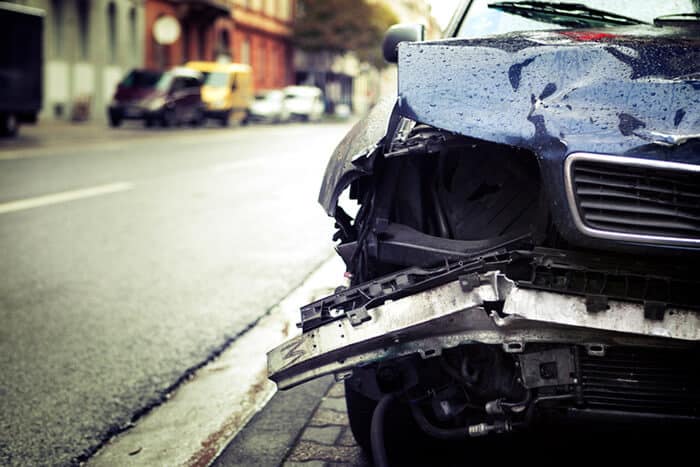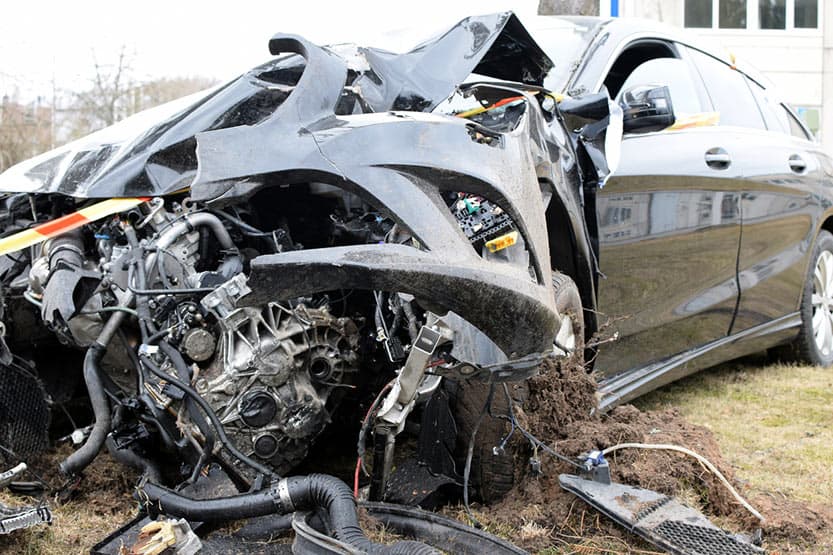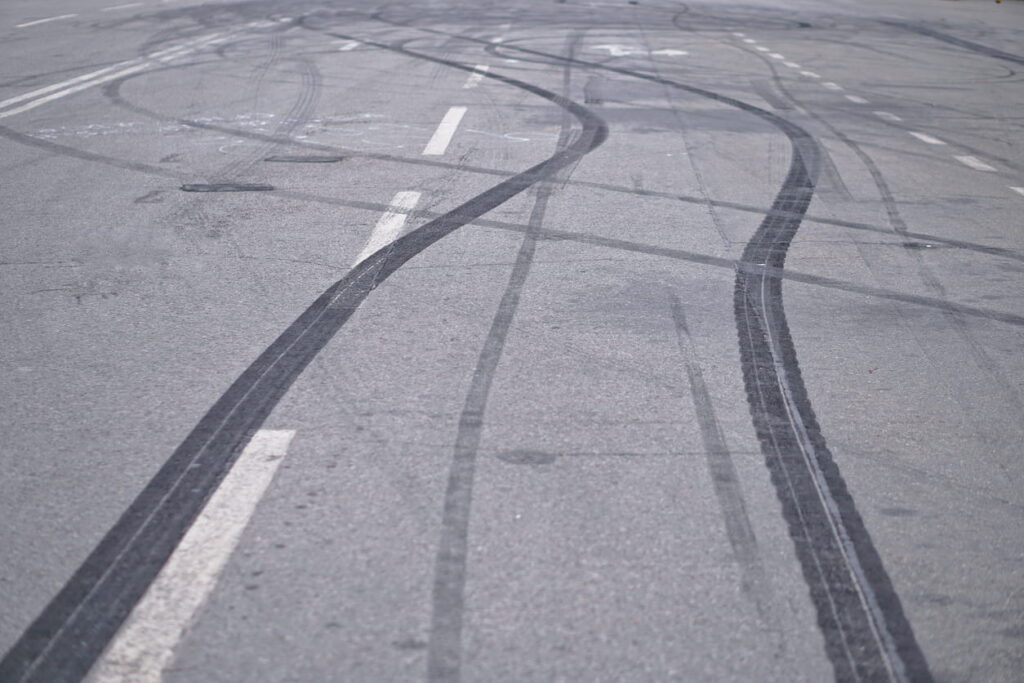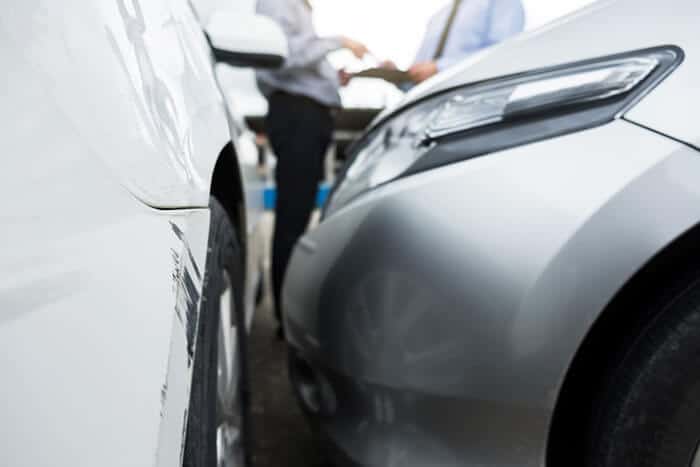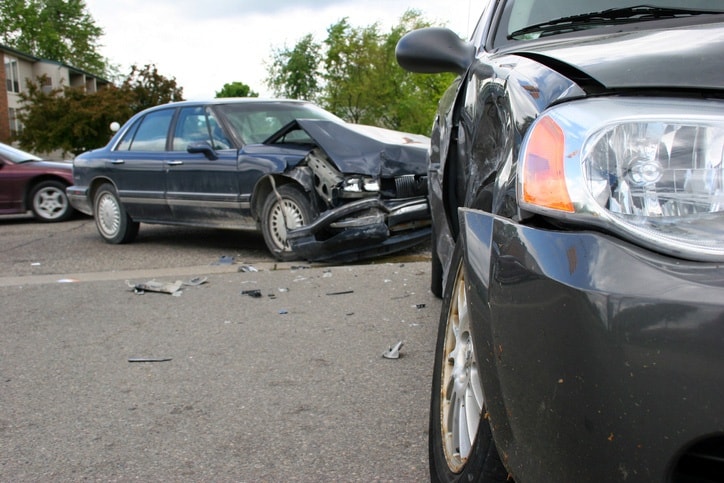Denver Uber & Lyft Accident Attorneys
- Denver, Colorado Uber and Lyft laws
- Who's covered in Colorado rideshare accidents
- Requirements to drive for Uber and Lyft in Colorado
- Additional requirements for Uber drivers in Denver, Colorado
- Additional requirements for Lyft drivers in Denver, Colorado
- Criminal background checks for Uber and Lyft drivers in Colorado
- Rules to Follow When you Drive for Uber or Lyft in Colorado
- Colorado insurance requirements to drive for Uber and Lyft
- Colorado Uber and Lyft insurance acknowledgement
- Do you need to get a separate insurance policy to drive for Uber or Lyft in Colorado?
- Ordering Public Transit Tickets Through Uber
- Bringing a lawsuit after an Uber or Lyft accident in Denver, Colorado
- What should I do If I'm in an Uber accident in Denver, Colorado?
- What should I do If I'm in a Lyft accident in Denver, Colorado?
- What should I do if I was in a car accident with an Uber or Lyft driver?
- What should I know about Uber and Lyft accidents in Colorado?
- Will Lyft or Uber drivers in Denver, Colorado be deactivated after an accident?
- How Does This Affect Claims Processing?
- Steps to Establish a Claim If You Are Involved in an Uber Accident
- Resources for rideshare accidents in Colorado
- How Can a Denver Uber or Lyft Accident Attorney Help Me?
- Visit our Denver Office
- Related Car Accident Resources
- You Deserve Fair Compensation
Denver, Colorado Uber and Lyft laws
Colorado’s Uber and Lyft laws are found in the Transportation Network Company Act (TNCA). The Act covers rideshare companies that use a digital app to connect drivers and passengers. The TNCA does not include taxi services, but it is the exclusive law for ridesharing in Colorado.
Who’s covered in Colorado rideshare accidents
Under Colorado Law, Uber and Lyft drivers, their passengers, and other vehicles involved in an accident are covered by liability insurance. Drivers are required to have motor vehicle insurance, and the circumstances of the accident will determine how an insurance claim will be handled. Passengers and other motorists will be able to recover financial compensation for damages incurred following a rideshare accident in Denver.
Requirements to drive for Uber and Lyft in Colorado
Colorado law 40-10.1-605 states the qualifications for Uber and Lyft drivers in Colorado:
- Valid driver’s license
- Required insurance
- Colorado vehicle registration
- Results of a medical exam that prove your fitness to drive
- Certified mechanic’s inspection of your vehicle
- A four-door vehicle that holds up to eight people
- Pass the criminal background check
You do not have to own the vehicle that you drive as long as it’s registered in Colorado; however, if you rent or lease your car, it’s important to check your leasing contract to ensure it allows for ridesharing.
Additional requirements for Uber drivers in Denver, Colorado
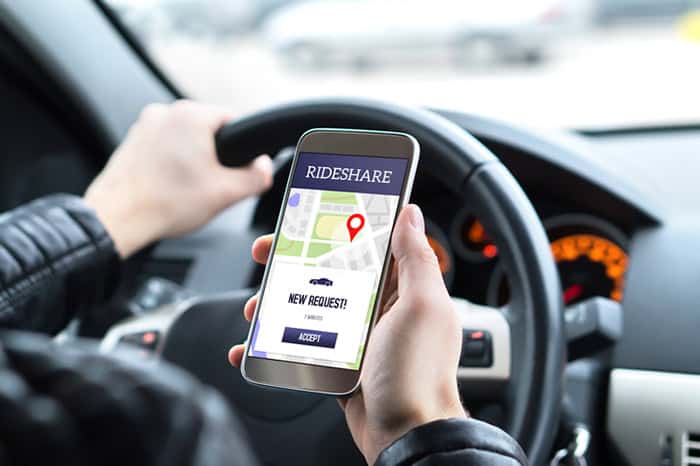
In addition to the requirements from the State of Colorado, Uber requires drivers to have a vehicle that is no more than 15 years old and that has no cosmetic damage or commercial branding. You must also have the original, working seatbelts.
Driving UberX, UberXL, and Select services brings with it more restrictions. Drivers must place an Uber decal on their vehicle to identify it. You must be 21 years old to provide rideshare services (but you can drive for Uber Eats at age 19). A two-door car is okay for Uber Eats.
Additional requirements for Lyft drivers in Denver, Colorado
In addition to Colorado state requirements, Lyft requires all Colorado drivers to be at least 21 years old. All vehicles must have at least four doors and five seatbelts. There are also limitations to the age and model of the vehicle. In Colorado, the vehicle must be a 2004 model or newer. To begin driving for Lyft, you must submit a photo of yourself and undergo the necessary background checks, vehicle inspection, medical check, and proof of personal vehicle insurance.
Criminal background checks for Uber and Lyft drivers in Colorado
All Uber or Lyft drivers in Colorado must pass a criminal background check, and you must update your criminal history check every five years. Here are the disqualifying convictions for Uber and Lyft drivers in Colorado:
- A drunk driving offense in the past seven years
- Felony fraud
- Sexual offense
- Felony property offense
- Offense involving violence
- Any felony in the last five years
- Three moving traffic violations in the past three years
- Reckless driving in the past three years
- Eluding an officer
Rules to Follow When you Drive for Uber or Lyft in Colorado
Once you begin driving for Uber or Lyft in Colorado, you must follow these rules:
- You may not accept an on-demand ride request. You may only accept rides through the ride-share network. In other words, you can’t hail an Uber or Lyft like you hail a cab.
- The company you drive for must make their fee scheme publicly available. You must provide the rider a receipt (electronic is ok). The receipt must include your driver info, the starting place and destination, and the fare paid.
- Breaks are required after 12 hours of driving.
- The legal limit for Uber and Lyft drivers is 0.00. In other words, you may not work as a ride-share driver with any amount of alcohol in your system.
- Services must be non-discriminatory. You must allow service animals. When a passenger has personal mobility equipment, you must transport it. If you can’t transport it, you must refer the passenger to another driver who can transport the equipment.
Colorado insurance requirements to drive for Uber and Lyft
Colorado law requires a rideshare driver or the company that they work for to file proof of car insurance. This insurance must have higher limits than regular drivers are required to carry. The insurer must acknowledge that the driver is a rideshare driver.
The rideshare company may offer its own insurance policy that covers its drivers. Uber provides $1 million in liability insurance for accidents that occur while a driver is actively engaged with a passenger. They offer a different amount of coverage when the app is on, compared to when you’re waiting for a customer.
Lyft has a similar $1 million accident guarantee, if the accident occurs while the driver has a passenger. The $1 million policy limit exceeds the requirements of Colorado law, which requires only a $50,000 per person limit.
The first way to meet Colorado’s rideshare insurance requirement is to confirm coverage through the company’s insurance guarantee system.
Colorado Uber and Lyft insurance acknowledgement
You can also meet the insurance requirement by buying a private insurance policy that covers ridesharing. You must make it clear to the insurer that you plan to use your vehicle for ridesharing, and the acknowledgment must make it clear that your insurance company knows that you’re using your vehicle for ridesharing.
A passenger gets in a rideshare vehicle with the expectation of having insurance coverage. The purpose of the insurance acknowledgment is to ensure that rideshare customers have insurance coverage when an accident occurs. Colorado is an at-fault state, meaning if you’re responsible for an accident while driving for Uber or Lyft, you’re liable to all of the victims, including the passengers in your vehicle.
Do you need to get a separate insurance policy to drive for Uber or Lyft in Colorado?
You must have the required insurance for driving a passenger vehicle in Colorado. Colorado’s minimum insurance laws still apply to you as a rideshare driver. You can meet the rideshare insurance requirements by having both your personal insurance policy and insurance that covers your rideshare activities.
You don’t need to get a separate insurance policy to drive for Uber or Lyft, however. Both companies have a $1 million liability insurance policy that covers accidents when you have a passenger, which is more than enough to meet Colorado’s insurance requirements. Most drivers meet the requirements by maintaining their personal insurance and relying on the Uber or Lyft million-dollar accident guarantee.
Ordering Public Transit Tickets Through Uber
In Denver, you can purchase public transit tickets through Uber. Denver is the first city in the United States to offer public transit tickets through the Uber app. This allows you to take public transit into account when planning your route and to buy tickets for the route that you select.
Denver’s Uber app integrates with the Denver Regional Transportation District to allow Uber users to incorporate public transportation into their trips.
Bringing a lawsuit after an Uber or Lyft accident in Denver, Colorado
Despite the Uber or Lyft insurance guarantee, there may still be moments when you need to bring a lawsuit after an Uber or Lyft accident in Colorado.
As a passenger
When you’re in an accident as an Uber or Lyft passenger, there are a few situations where you may need to bring a lawsuit.
- Since Colorado is an at-fault state, you can bring a claim against the other driver if they are at fault. You’ll need to consider different factors, like the location of accident damage. The other driver has the same legal liability to you that they have to any other accident victim.
- The Uber/Lyft million-dollar guarantee applies only if the other driver doesn’t have enough insurance to cover your damages.
- You may need to bring a claim against the other driver and their insurance company if they don’t agree to pay you fairly after an accident.
- You may also need to bring a claim against Uber or Lyft if they don’t pay you when the terms of their insurance policy call for it.
When you choose to ride with Uber or Lyft, you know that they have guaranteed coverage. If the rideshare company doesn’t live up to its promises, you may bring a claim against the company to collect payment.
As a driver
An Uber or Lyft driver may have to bring a claim against the rideshare company to collect payment in some circumstances:
- If you’re hurt in an accident that is the fault of the other driver, your rideshare company offers you underinsured/uninsured motorist coverage. If they refuse to pay, you may need to bring a claim against the company to collect fair compensation.
- You may also need to bring a claim against the responsible driver or their insurance company. There may be added requirements if you are in a rideshare accident in a leased car.
- If you’re at fault for an accident, you may still need to bring a legal claim against Uber or Lyft. The ridesharing company should honor its $1 million guarantee and compensate injured passengers. You may need to bring a legal claim against Uber or Lyft to ensure that you don’t have personal liability for the victim’s damages.
What should I do If I’m in an Uber accident in Denver, Colorado?
If you’re in an Uber accident in Denver, Colorado, you should not leave the scene of the crash. You should call 911, and offer medical assistance to anyone on the scene.
When you’re the driver, you must comply with the requirements of Colorado law that require you to provide the other driver with your name, license information, and insurance information. You should report the accident to Uber as a driver or rider.
What should I do If I’m in a Lyft accident in Denver, Colorado?
If you’re in a car accident with a Lyft driver in Denver, Colorado, you should call 911 and offer medical assistance on the scene as much as you can. The police will take a report that includes your name, license, and insurance information. If the police don’t facilitate the transfer of information between drivers, it’s vital to offer this information and collect it from the other driver on your own.
As a passenger, you should collect personal information from everyone involved, even though you’re not legally required to, and you should report the accident to Lyft as soon as possible.
What should I do if I was in a car accident with an Uber or Lyft driver?
“I was in a car accident with Uber or Lyft. What do I do now?” If you find yourself in this situation, you should follow the same procedures as any other auto accident. Call 911 and exchange information with the Uber or Lyft drivers involved in the collision. Report the accident to your insurance and the rideshare company and follow up with a Denver rideshare accident attorney.
What should I know about Uber and Lyft accidents in Colorado?
Rideshare services will always try to eliminate any association with liability claims. Dangerous reputations are bad for business, so Uber and Lyft have taken care to remove blame and financial risk and place it on the independent contractor — your driver. Knowing what to do after a rideshare or taxi accident can help you obtain compensation for losses you’ve sustained.
Will Lyft or Uber drivers in Denver, Colorado be deactivated after an accident?
Both Uber and Lyft deactivate drivers in Denver if they have been involved in an accident. This provides time and opportunity to investigate how the accident occurred. Depending on the outcome of the investigation, a driver can get their account reinstated.
How Does This Affect Claims Processing?
Under Colorado law, the person who causes a car accident is financially responsible for all provable damages related to a crash. Colorado also passed Senate Bill 25, the Transportation Network Company Act, which states that:
- Ridesharing services must provide primary insurance coverage when your driver has their app turned on.
This proves your driver was working at the time of the crash (it also prevents pedestrians, cyclists, or another car’s passengers from claiming coverage). Uber’s terms state that they will not cover drivers prior to accepting fare, meaning the incident must occur during your journey after you’ve been picked up and before you’ve been dropped off. In an instance where Uber is found liable, a single driving incident can result in up to $50,000 per injured person and $100,000 for all related injuries.
However, Uber cars aren’t registered through their service, like taxis. Colorado does require all drivers to have the following:
- Property damage liability coverage
- Bodily injury liability coverage
If the Uber driver who causes your car accident is uninsured or doesn’t have enough insurance, we’ve created a comprehensive guide to uninsured motorist law in Colorado so you can learn more.
Steps to Establish a Claim If You Are Involved in an Uber Accident
1. Prove that your Uber driver is responsible for the accident
In Colorado, you have the right to compensation if a driving accident causes you emotional or financial distress, especially if you’ve endured reckless driving such as the following:
- Speeding
- Texting or similar digital distraction
- Fatigue
- Intoxication or DUI
- Poor or negligent driving or vehicular maintenance
- Traffic signal violation
If your Uber driver participated in these or other negligent driving behaviors on your way to your destination, and it caused your car accident injuries, you may have cause for a claim.
2: Prove that you incurred damages
Like any claim, you need to show proof that you suffered damages as a result of the Uber accident. These damages include:
- Economic damages – you have incurred medical bills, lost wages, or physical impairment and disfigurement
- Non-economic damages – you have suffered unmanageable pain, suffering, loss of enjoyment in your life, inconvenience, or minor physical impairment
3: Prove the Uber accident caused the damages being claimed
Immediately report the accident and ensure that law enforcement notes that the vehicle is a rideshare (not a commercial vehicle). You need to do this in all accident cases, including rear-end collisions.
Be sure to get a record of your medical attention in the event of personal injury. You’re entitled to justice, including money to resolve medical needs or lost income.
If you have further questions about what to do if you are involved in an Uber accident, contact an experienced car accident lawyer.
Resources for rideshare accidents in Colorado
There are resources available for rideshare accident victims to help navigate the legal options following an accident.
Colorado Public Utilities Commission | Transportation Network Company (TNC) Rules – These rules go over subject areas including safety, civil penalties, insurance, and other TNC rules.
A Comparison of the Cell Phone Driver and the Drunk Driver — This study from the University of Utah delves into the relationship between driving and cellphone usage. The study finds “the impairments associated with using a cell phone while driving can be as profound as those associated with driving while drunk.”
How Can a Denver Uber or Lyft Accident Attorney Help Me?

A Denver Uber or Lyft attorney can help you respond appropriately and receive the compensation you deserve if you’re hurt in a ridesharing accident. Whether you’re the driver or a passenger, you have the right to fair compensation under Colorado law and protection from the $1 million Uber or Lyft guarantee.
If you’ve been in an accident involving a rideshare company, turn to the personal injury attorneys at Bachus & Schanker to ensure that you are able to enforce your rights under Colorado law. We can help you resolve your case efficiently and in a way that protects your rights. With multiple offices located across Colorado, our attorneys are ready to serve you and fight for the compensation you deserve.
Sources:
Auto insurance to help protect you. (2023).
Distracted Driving Dangers and Statistics. (2023).
DORA. (2023).
Fisher, C. (2019). Denver Uber users can buy public transit tickets in the app.
Lyft Driver and Vehicle Requirements in Denver. (2023).
Lyft Help. Insurance coverage while driving with Lyft. (2023).
Lyft Help. Report an accident or collision. (2023).
Mandatory Automobile Insurance in Colorado.
Visit our Denver Office
950 17th Street, Suite 1050
Denver, CO 80202
Fax: 303-893-9900
Related Car Accident Resources
You Deserve Fair Compensation
Don’t let the insurance companies intimidate you into accepting less than you deserve. We’re ready to fight for you.

Written and Legally Reviewed By: Kyle Bachus
![]() 4.6 ★★★★★ 1,461 Google Reviews
4.6 ★★★★★ 1,461 Google Reviews
Kyle is a member of the Colorado and Florida Bar associations and has served on the Board of Directors of the Colorado Trial Lawyers Association for more than twenty years in total. Over the years, Kyle has achieved justice for many clients. He has served on numerous committees and repeatedly won recognition from his peers at both the state and national level. He is proud of the role he has played in the passage of state and national legislation to protect consumers and is a frequent speaker and guest lecturer.
